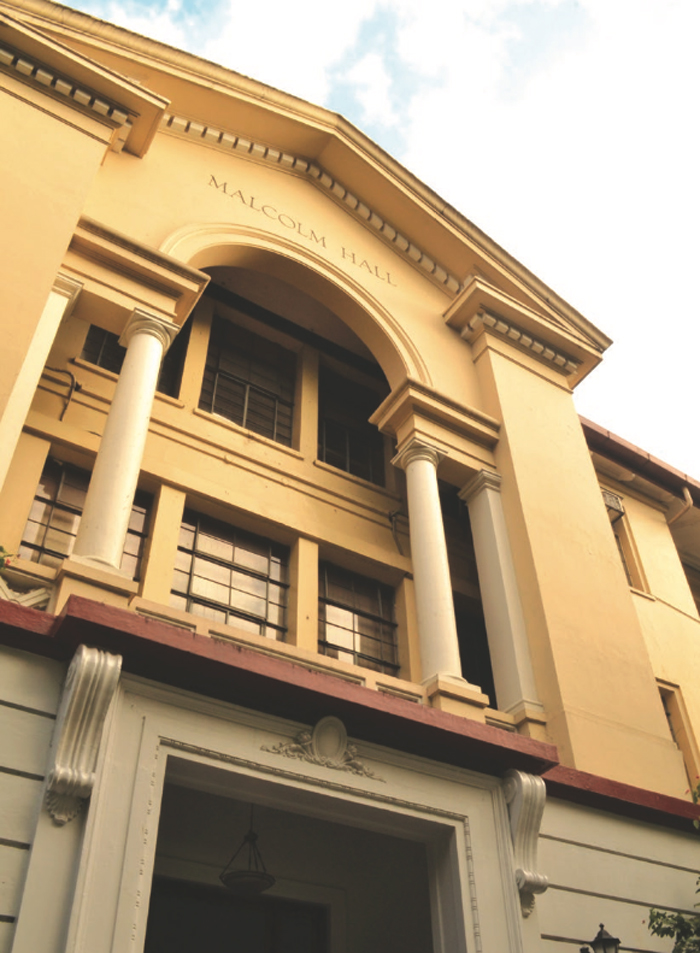The University of the Philippines
The University of the Philippines College of Law is acknowledged for its continuing commitment to academic excellence and service to the public. It marked its centennial year in 2011 as the lead unit of what is now the UP Law Complex. During its first hundred years, the transformation of the College was from a professional school offering a degree program, to a Law Complex with a triad of functions: 1) instruction, 2) research, and 3) extension service. Today, the College of Law continues to produce graduates making waves as expert law practitioners, high officials in government service, political leaders, as well as pioneers in private enterprise.
Curricular offerings. The College now offers a four-year Juris Doctor (J.D.) program for full-time day students and a five-year course for part-time evening students. In their final years of law school, students have the opportunity to participate in the College’s clinical legal education program and public interest law internship program. Most recently, the UP College of Law began to offer its Master of Laws (LL.M.) program to prepare local and international legal practitioners, law professors, and government lawyers and judges for an increasingly cross-border, internationalized legal practice. Candidates for the LL.M. program, as well as a number of working students in the Juris Doctor program, are based at the UP College of Law’s Bonifacio Global City campus.
Legal research arm. The UP Law Center, established in 1964 to become the premier legal research institute in the country—was integrated into the College of Law in 1989, marking the transition to what is now known as the UP Law Complex.The UP Law Complex vigorously pursues academic teaching, research, information, training, policy, and extension services programs designed for educating excellent, socially responsible lawyers and, more importantly, producing impactful research and legal output that affect policy, legislation, and social behavior.
Please click here for the homepage of The University of the Philippines.

|
|


